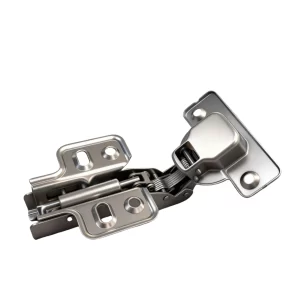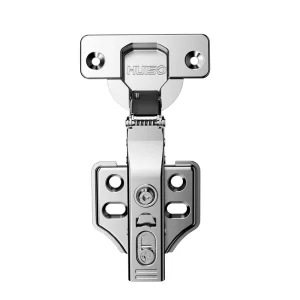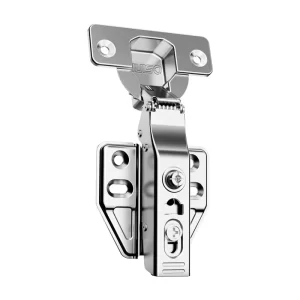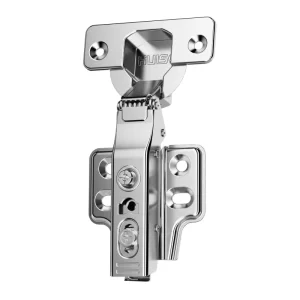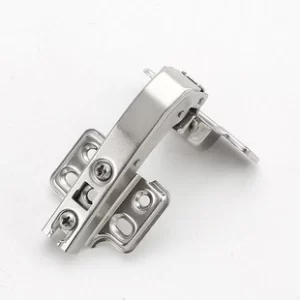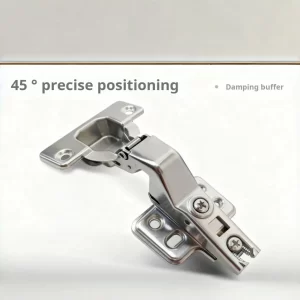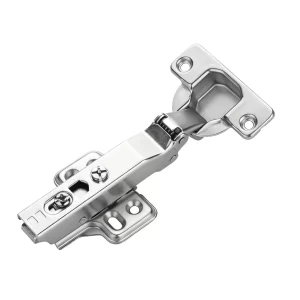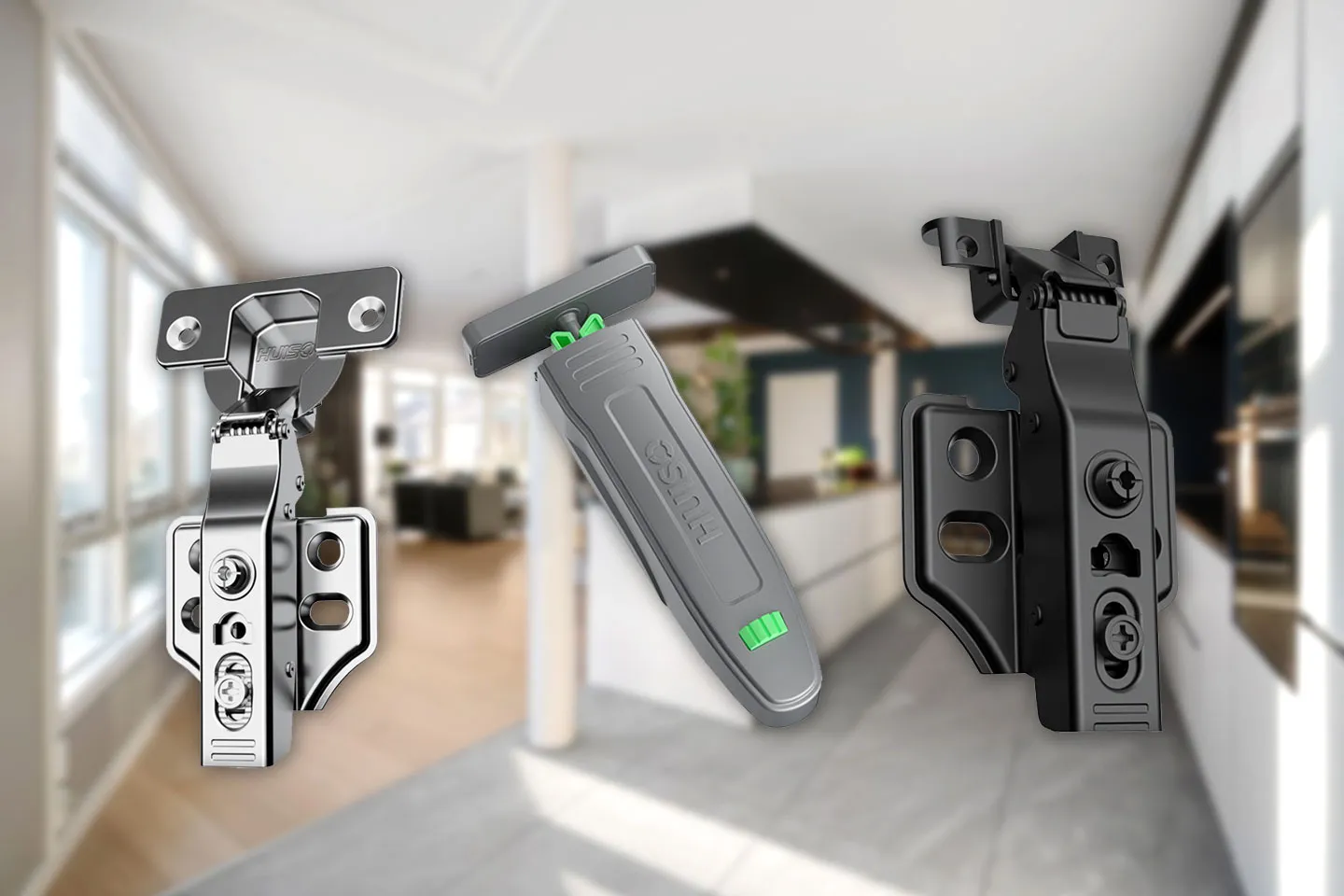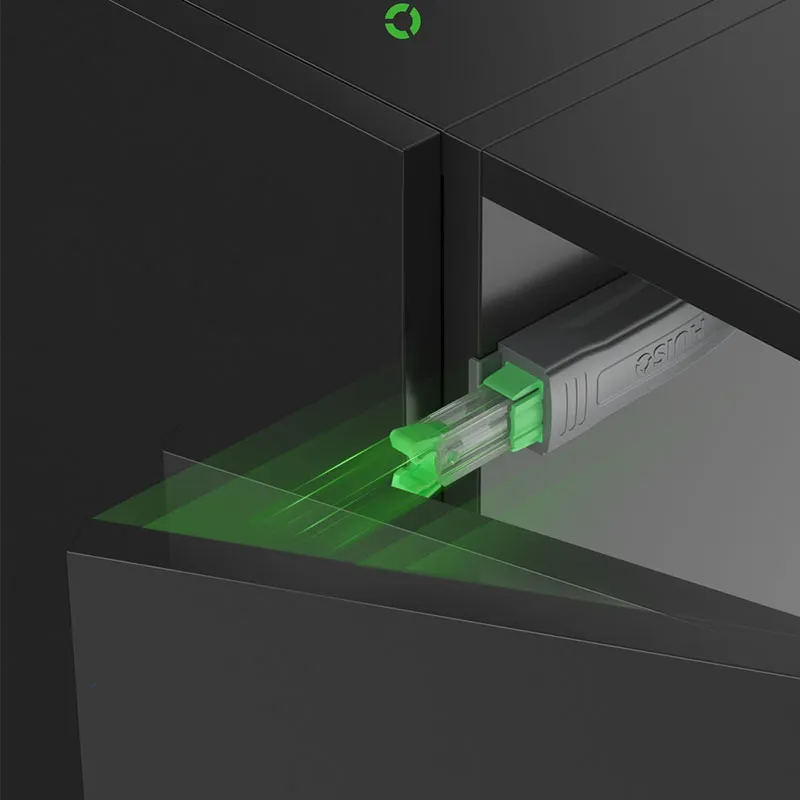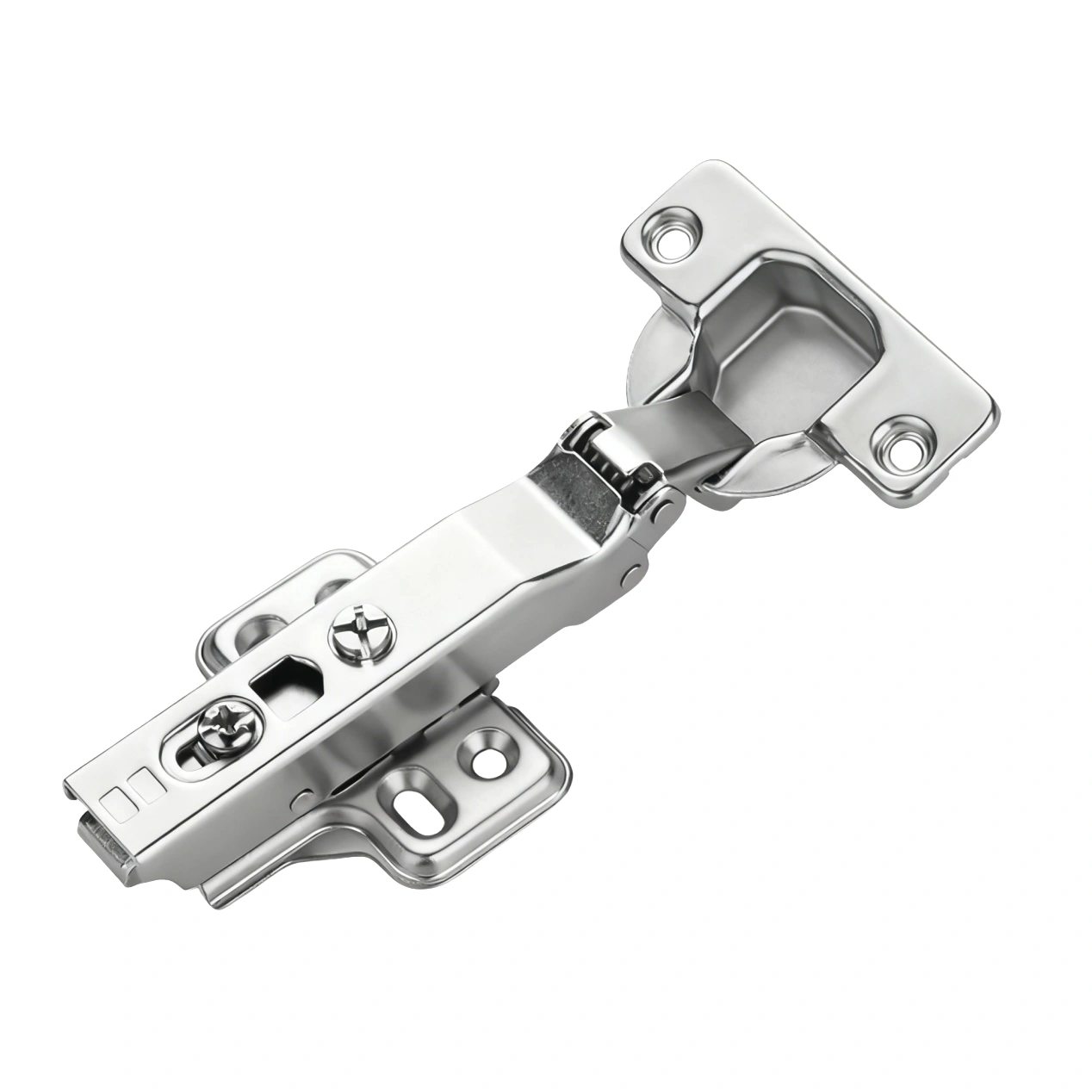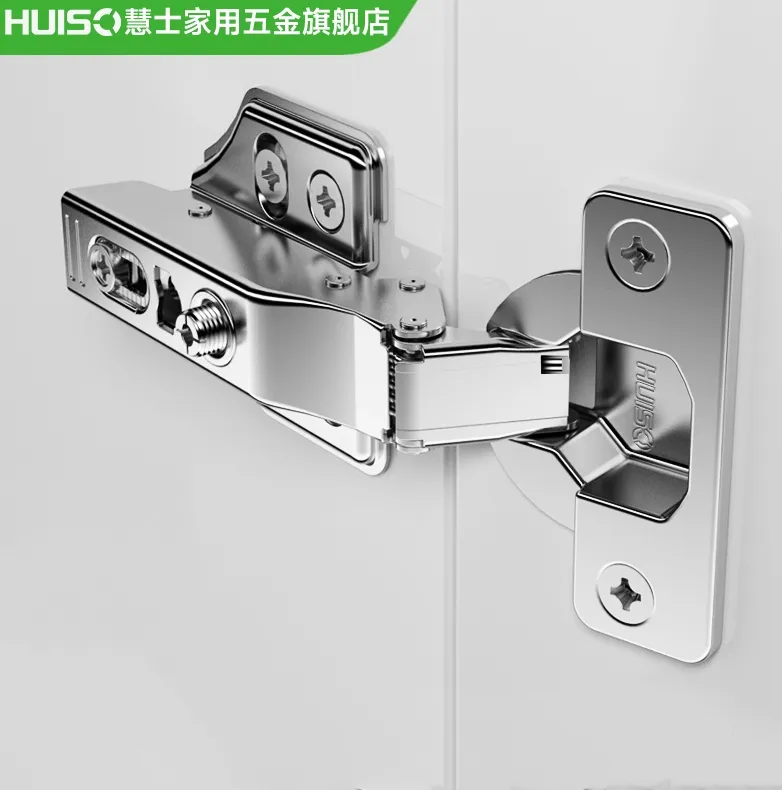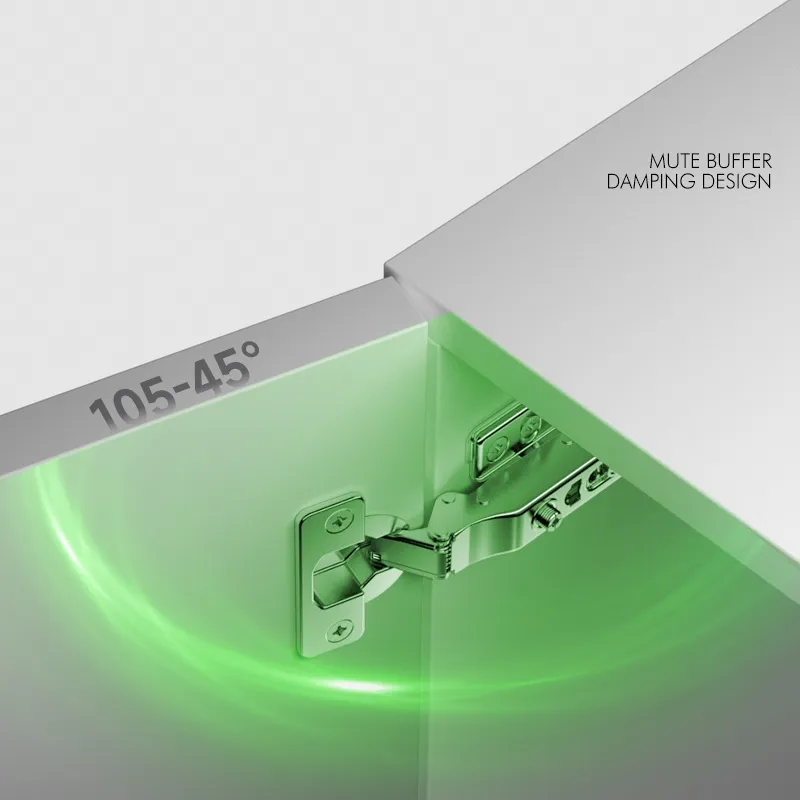Introduction
While the world’s furniture sector keeps transforming, the evolution and application of furniture hardware also continue to change dramatically. Modern furniture demands not just style and functionality but also increasingly smarter, more sustainable, and better-quality hardware. It will help furniture producers, designers, and wholesalers to understand the latest furniture hardware trends in order to seize market opportunities and render products more competitive. This article will thoroughly analyze the global trends of furniture hardware development in 2025, from intelligent technology to material innovation, to customization demands, environmental protection ideas, and supply chain optimization. This will offer enterprises reference and insight to enable them to acquire a competitive edge in the brutal market.
Intelligent Furniture Hardware Goes Mainstream
As smart homes evolve, furniture hardware is also getting smarter. More and more furniture is adding features such as electronic control, automatic opening and closing, and sensor feedback to enhance the user experience with more convenience. For example, smart drawer slides can be opened automatically via sensors and even integrated with mobile phones or smart home systems for remote control.
According to market research, it is estimated that the market for smart furniture hardware will expand at a rate of approximately 15% annually by 2025, particularly in regions with strong consumer spending power, such as North America, Europe, and China. Having a command of smart furniture hardware design and integration will become a crucial means for furniture producers to increase product added value and distinguish competitiveness. Additionally, safety, durability, and energy efficiency of intelligent hardware will become significant considerations in procurement and design.
Material Innovation and the Utilization of High-Performance Metals
Material innovation is a key driver of furniture hardware upgrading. Amidst the dominance of traditional steel, aluminum alloy, and zinc alloy, there has been extensive adoption of new high-performance materials under the pressures of lightweighting, corrosion resistance, and environmental protection. For example, stainless steel and reinforced aluminum are gradually replacing some traditional metals due to their wear resistance, corrosion resistance, and recyclability.
Besides, surface treatment technologies are also being constantly improved, such as nano-coating, electroplating, and spraying, that extend the lifespan of hardware without undermining its aesthetics. Some high-end furniture brands are even experimenting with new materials such as ceramic and carbon fiber to meet the twin demands of the luxury market for both design and functionality. For furniture hardware manufacturers, continuously developing and using new materials not only improves product performance but also meets the environmental regulations and market demand, providing customers with more competitive products.
Customization and Modularity Are a Significant Trend
The furniture sector in 2025 will continue to emphasize personalization and customization, which will create an enormous need for customized furniture hardware. Individuals and organizations desire furniture to be adaptable to spatial planning, style requirements, and functional needs in a flexible way, so adjustability and modularity of hardware are essential. Examples include drawer slides with adjustable height, hinge systems with interchangeable panels, and detachable furniture accessories that can meet diverse applications.
Modularization not only facilitates customization but also simplifies production and logistics management. A European furniture brand uses modular slide and hinge systems for its customized products, reducing the production cycle by 20%, while shipping costs and inventory pressure are also reduced. This is evidence that furniture hardware with modularization and customization capabilities will receive more market favor in the future.
Environmental protection and sustainable development have become core criteria
As the world pays more attention to the environment, green production and eco-friendly materials have become the trends in the development of furniture hardware. More and more customers and businesses demand that hardware products possess environmental standards, such as RoHS certification, non-toxic electroplating, and recyclable materials.
For example, zinc alloy or stainless steel hinges and rails that are recyclable not only reduce environmental pollution but also lower carbon emissions during the manufacturing and transportation processes. Certain furniture businesses also promote the environmental characteristics of their hardware in their marketing in order to enhance their company reputation and market competitiveness. Future environmental protection and sustainable development will not only be a moral responsibility but also a major factor in the decision to buy furniture hardware.
Global supply chain optimization and wholesale service upgrading
Within the B2B market, supply chain efficiency directly impacts the cost and delivery cycles of furniture companies. By 2025, the global supply chain of furniture hardware will pay greater attention to fast response, customized services, and batch management. Manufacturers will not only provide standardized products, but they will also provide wholesale customized services to meet the diverse needs of corporate customers.
For instance, let’s consider Huiso Hardware. The company utilizes an electronic management system for enabling order tracking, inventory management, and rapid customized production, which helps the corporate clientele to obtain hinges and slides according to their specifications within a short time. Furthermore, multi-regional warehousing and logistics optimization enable customers to reduce transportation expenses and lower delivery cycles. In the international competitive market, furniture hardware enterprises that can provide customization services effectively and a secure supply chain will have greater success in gaining long-term partnerships.
Conclusion
Overall, the furniture hardware business in 2025 will have trends such as intelligence, innovation in materials, customization, environmental protection, and supply chain optimization. Furniture manufacturers and wholesalers must closely monitor these trends and improve product technology and service levels in order to stand out in the fierce market competition. By focusing on intelligent functions, high-performance materials, modularization, green environmental protection, and supply chain efficiency, businesses will not only be able to please customers but also enhance brand value and market share. In the future, furniture hardware will not only be a fundamental component of furniture but also a key support for new, green, and intelligent furniture experiences.
About Huiso Hardware
Huiso Hardware is a professional hardware hinge and slide producer with wholesale and customization services. Huiso Hardware dedicates itself to manufacturing high-precision and long-lasting furniture hardware products, including drawer slides, various hinges, and modular accessories, to meet the diversified needs of global customers. Huiso Hardware also provides professional consultation, customized production, logistics management, and after-sales service, which allows furniture companies to promote product quality, production efficiency, and partnership relations in the global market.

